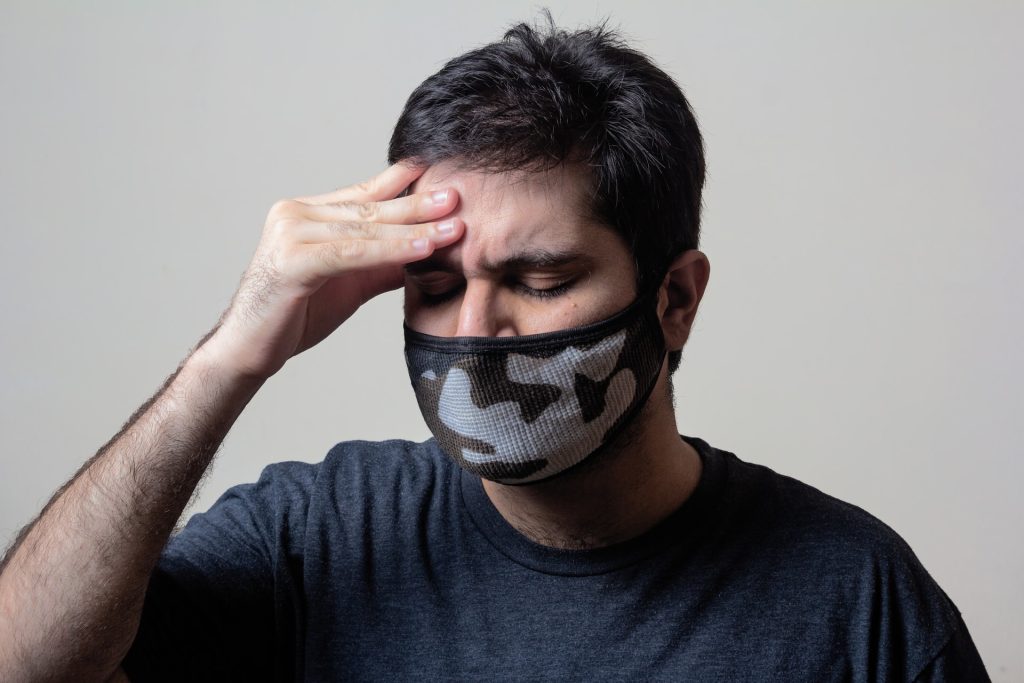
Scientists studying the effect of the monoclonal antibody Leronlimab on long COVID may have found a surprising clue to the baffling syndrome, one that contradicts their initial hypothesis. The cause may be down to an abnormally suppressed immune system, and not a persistently hyperactive one as they initially suspected.
The study was published in Clinical Infectious Diseases.
“While this was a small pilot study, it does suggest that some people with long COVID may actually have under-active immune systems after recovering from COVID, which means that boosting immunity in those individuals could be a treatment,” said senior author Professor Otto Yang.
COVID is known to be caused by hyperactive immune responses against SARS-CoV-2 resulting in damage to lungs and other organs, and sometimes a cytokine storm that overwhelms the individual, which could lead to severe illness and death.
For some who recover from COVID, various symptoms can persist for months, such as fatigue, mental haziness, and shortness of breath. Classified as long COVID, a limited understanding of the causes makes it difficult to develop treatments.
One suggested possibility is that persistence of immune hyperactivity after COVID is a major contributor. The researchers therefore ran a small exploratory trial of Leronlimab, an antibody that attaches to an immune receptor called CCR5 that is involved in inflammation, on 55 people with the syndrome. Leronlimab was originally being developed as an HIV treatment.
Participants were randomised to receiving either weekly injections of the antibody or a saline placebo for eight weeks, and changes in 24 symptoms associated with long COVID were tracked, including loss of smell and taste, muscle and joint pain, and brain fog.
Originally, the researchers believed that blocking CCR5 would calm an overactive immune system after COVID infection. Indeed, preliminary results from an earlier trial appeared to show an improvement with Leronlimab.
“But we found just the opposite,” Prof Yang said. “Patients who improved were those who started with low CCR5 on their T cells, suggesting their immune system was less active than normal, and levels of CCR5 actually increased in people who improved. This leads to the new hypothesis that long COVID in some persons is related to the immune system being suppressed and not hyperactive, and that while blocking its activity, the antibody can stabilize CCR5 expression on the cell surface leading to upregulation of other immune receptors or functions.”
The findings, the researchers wrote, “suggests a complex role for CCR5 in balancing inflammatory and anti-inflammatory effects, eg through T regulatory cells,” although the results need to be confirmed in a larger, more definitive study.
Source: University of California – Los Angeles Health Sciences

